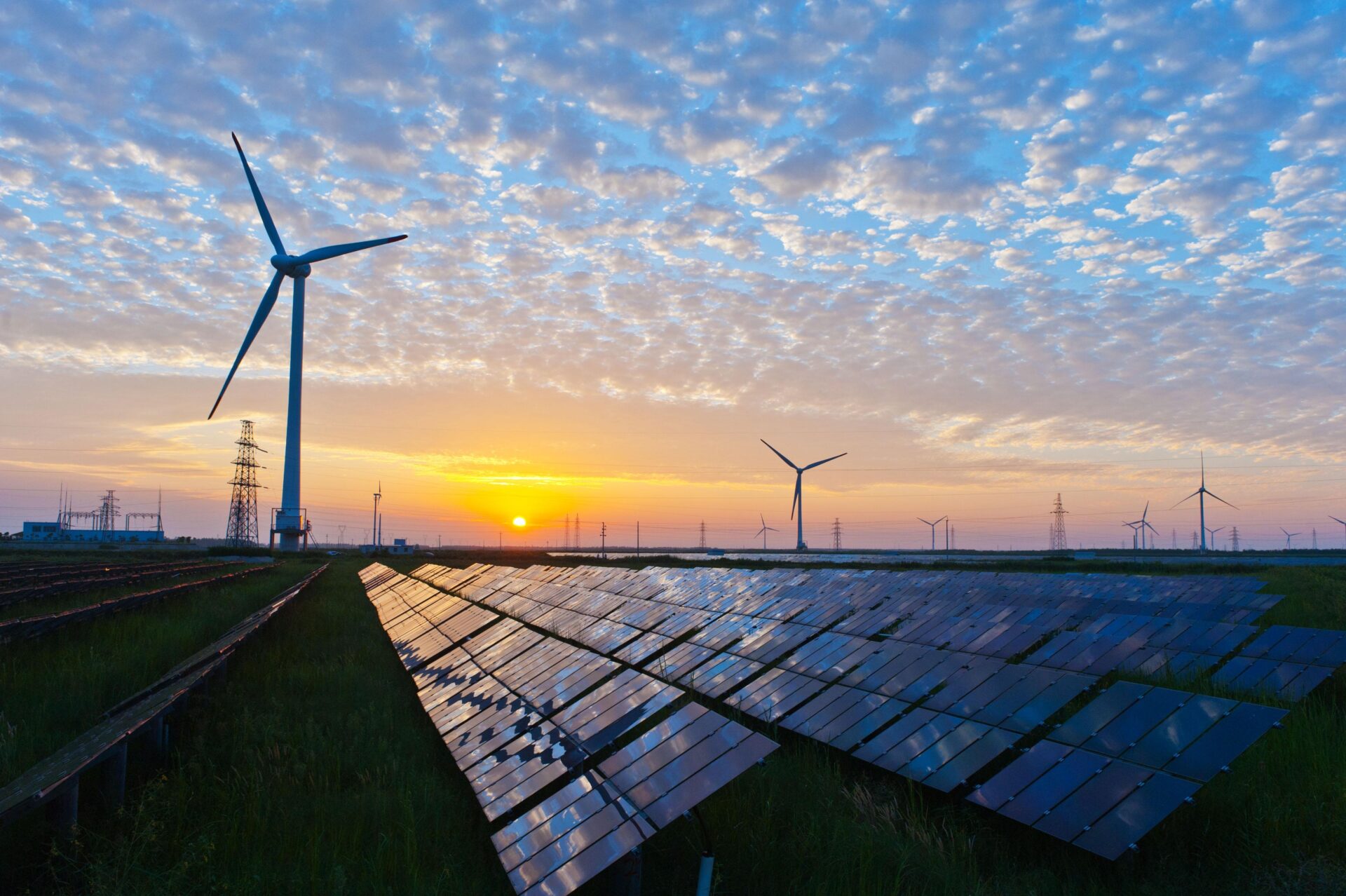In the financial markets, it has been the talk of the day for months: will there be a recession or not? Looking at the price of the world's most important commodity, one would think so. Indeed, the price of oil is dropping, and significantly so. On Wednesday afternoon, a barrel of Brent oil cost around $73. That was 3% less than Tuesday, when the price also dropped 5%. The price of a barrel of U.S. oil (West Texas Intermediate, or WTI) even dipped below $70.
That price fell despite production cuts from Opec+, the alliance of oil producers. Iraq, Kuwait, the United Arab Emirates and Kazakhstan and Saudi Arabia, among others, announced in early April that they would close their own oil taps a bit further. Russia extended a previously announced cut in oil production until the end of this year. In total, production should decrease by the equivalent of more than a million barrels per day.
Rally already stalled again
The prospect of less supply was followed by a rally, but none of that remains now. A few days after the production cut officially took effect, oil prices are even lower than when the cut was announced. 'From the oil countries' point of view, they were right,' says Hans van Cleef, analyst at consultancy Publieke Zaken. 'Without that production cut, the price would have been even lower.'
The reason for that decline can be summed up in one word: recession fear. You see very clearly a negative sentiment in the market," says Warren Patterson, commodities analyst at ING. When it comes to oil prices, it's all about the expectations of buyers, traders and speculators about future economic growth. If they decline, less crude oil will be needed. The recent turmoil in the banking sector is also fueling fears. The financial community fears a domino effect in which the failures of vulnerable banks follow one another.
Diesel price drops
But there are also signs that the economy is already stalling. Those signs are mainly in the end products of crude oil. Patterson points to declining refinery margins, for example. Those generally point to declining demand for gasoline and diesel. Diesel prices in particular are under the magnifying glass. That fuel is mainly used for freight transport and could therefore be taken as a gauge of economic activity.
In the US, the price of diesel at the pump has also dropped significantly, and diesel has also become cheaper at Dutch gas stations. The average national recommended retail price in the Netherlands even dropped this week to its lowest point in eighteen months. According to data from consumer collective UnitedConsumers, a liter now costs an average of €1.65. This also makes diesel significantly cheaper than gasoline. According to UnitedConsumers, a liter of euro95 costs on average a rounded €1.97. Last year, diesel was briefly even more expensive than gasoline.
Oil from Russia
But it is too simplistic to predict a recession on the basis of falling diesel prices alone. Certainly in Europe, supply expectations also play a role in pricing. The violent rise in the price of diesel last year was partly caused by unrest over the loss of supply from Russia. Russian oil is widely used to make diesel. So far, it appears that there is still plenty of diesel despite the sanctions against Russia.
'You often see the market overshooting expectations a bit,' says analyst Van Cleef of Publieke Zaken. Moreover, refiners' margins are also affected by capacity. That will go up considerably this year, says oil trader Vitol. That in turn would put pressure on gasoline and diesel prices.
Rising oil prices?
On the other hand, both Van Cleef and Patterson of ING expect higher crude prices for those refineries in the near future. Patterson even maintains his expectation for the oil price of around $100 a barrel in the fourth quarter. He still expects growth in global oil demand, which will come mainly from Asia. And supply, he believes, will not be able to keep up with that demand sufficiently.
Dutch motorists, meanwhile, can brace themselves for an excise tax increase next month. That went down after the Russian invasion of Ukraine, but as of July 1, that excise tax cut will be partially reversed. The excise tax on diesel will go up by rounded €0.10, that on gasoline by rounded €0.14.
©Financial Journal


